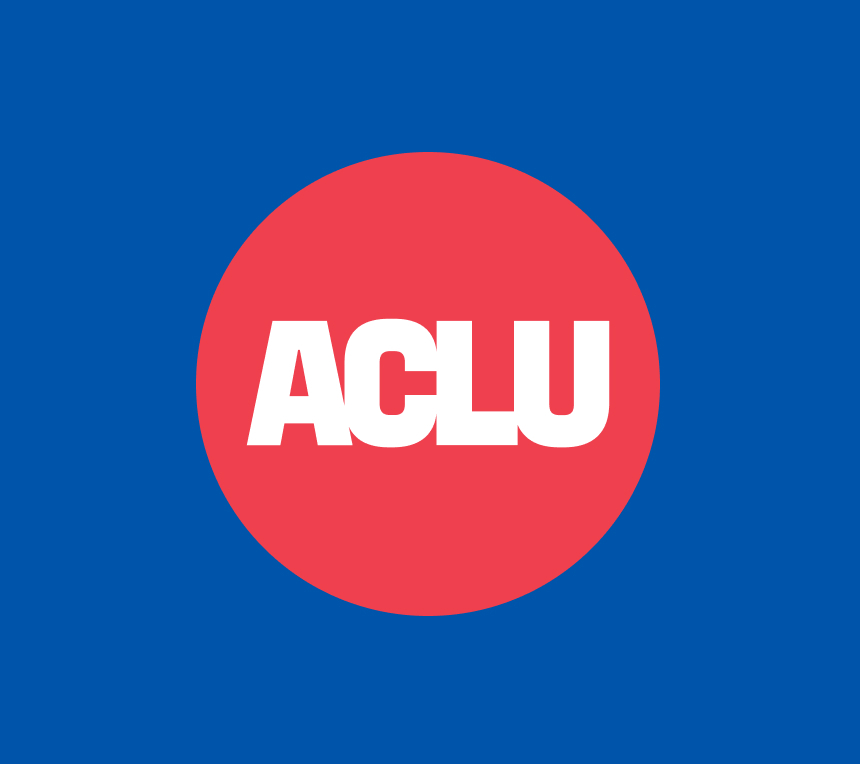Communications Decency Act Section 230
The ACLU works in courts, legislatures, and communities to defend and preserve the individual rights and liberties that the Constitution and the laws of the United States guarantee everyone in this country.

Stay informed about our latest work in Communications Decency Act Section 230.
By completing this form, I agree to receive occasional emails per the terms of the ACLU's privacy statement.
The Latest


ACLU Statement on Latest Congressional Attempt to Dismantle Free Speech Online


ACLU Commends Supreme Court Decisions Allowing Free Speech Online to Flourish


ACLU Strongly Opposes Cascade of Dangerous Legislation Threatening to Destroy Digital Privacy


ACLU Warns of Harm to Free Speech Online if Congress Dismantles Section 230
Explore More
What's at Stake
Section 230 of the Communications Decency Act immunizes websites from legal liability for the comments of their users. When Congress enacted Section 230, it wisely recognized that holding websites legally responsible for user-generated content would cripple the rapidly developing online world. Section 230 defines Internet culture as we know it: It’s the reason why websites can offer platforms for critical and controversial speech without constantly worrying about getting sued.
The vast majority of courts have honored Section 230’s robust immunity, but sometimes courts are tempted to hold “distasteful” websites responsible for the speech of their users. When that happens, the ACLU continues to defend Section 230’s protections for websites that offer platforms for user speech.
Section 230 of the Communications Decency Act immunizes websites from legal liability for the comments of their users. When Congress enacted Section 230, it wisely recognized that holding websites legally responsible for user-generated content would cripple the rapidly developing online world. Section 230 defines Internet culture as we know it: It’s the reason why websites can offer platforms for critical and controversial speech without constantly worrying about getting sued.
The vast majority of courts have honored Section 230’s robust immunity, but sometimes courts are tempted to hold “distasteful” websites responsible for the speech of their users. When that happens, the ACLU continues to defend Section 230’s protections for websites that offer platforms for user speech.
